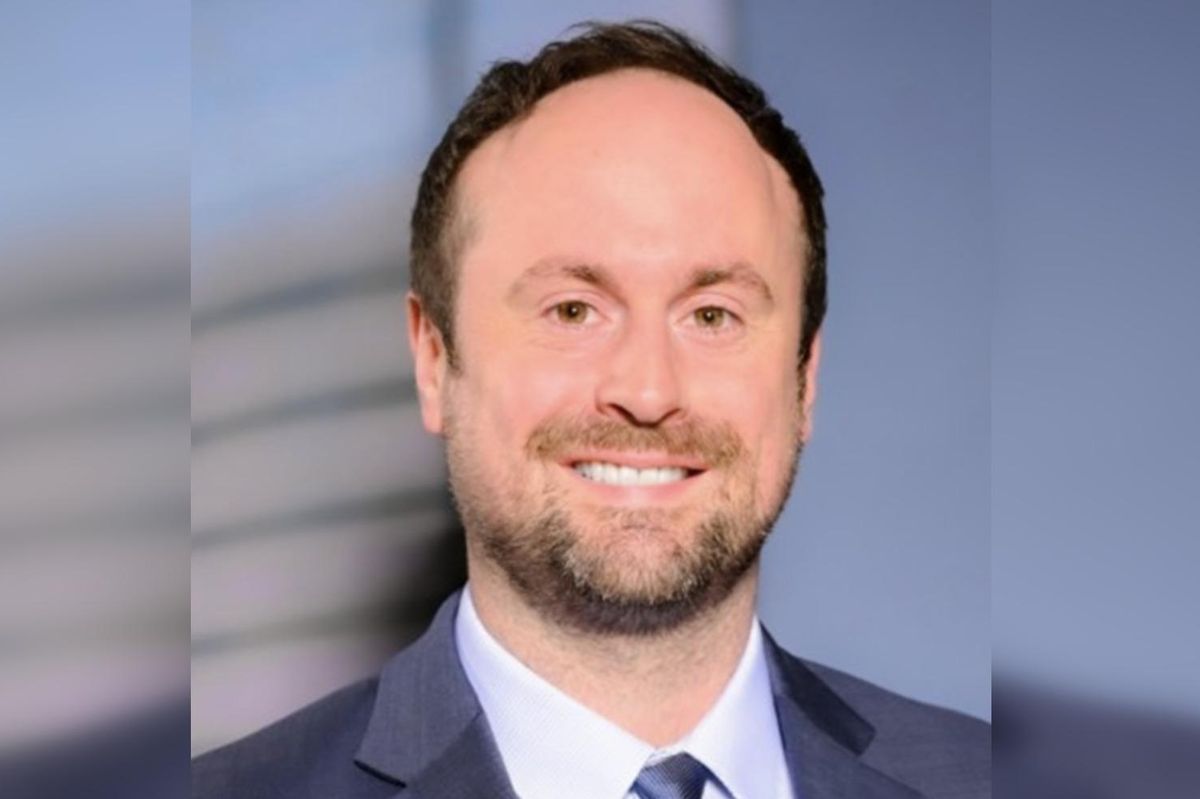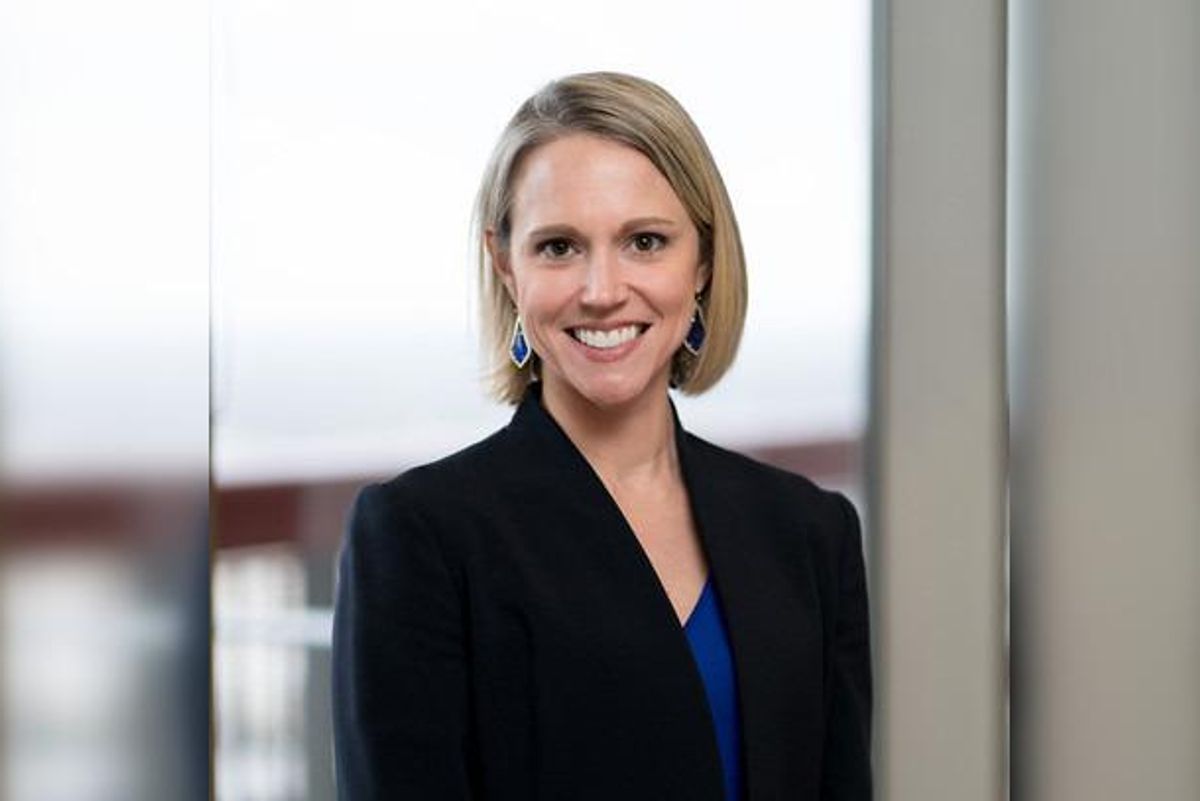Houston wealth management adviser weighs in on benefit options as key for small business success
guest column
While Small Business Appreciation month has come to an end, my work in aiding small businesses achieve financial success is continuous.
In 2009, I began my career as a financial adviser recently co-founded Volante Integrated Planning, a Houston-based office of Northwestern Mutual focused on comprehensive financial planning and helping clients achieve financial freedom.
After years of working with business owners, and as a small business owner myself, I have learned the importance of offering benefits that help attract and retain talent, foster improved work habits and provide a foundation for growth. According to the annual SHRM employee benefit survey, health-related benefits and retirement plans were ranked the two most important benefits for employees. Whether you are a new small business owner or an established one, it is important to be aware of the benefit options available to you and the considerations that go into mapping out a benefits strategy.
1. Retirement plan options
The most common retirement plans available to small business owners are 401(k), simplified employee pension (SEP) IRA and savings incentive match plan for employees (SIMPLE) IRA. The SEP IRA and SIMPLE IRA provide employers the ability to save on a pre-tax basis. While there are some required contributions on behalf of any full-time employees, the SEP and SIMPLE IRA’s are often recommended for the self-employed or businesses with part-time or contract employees. The 401(k) also provides employers with a pre-tax savings opportunity and the ability to save on a Roth basis. Because a 401(k) requires additional administration and ongoing requirements, it is often a valuable tool for business owners who have more full-time employees.
2. Health care benefit options
According to the Affordable Care Act, companies with fewer than 50 employees are not required to provide health insurance. However, offering a competitive health insurance benefits package is an increasingly important strategy to help boost both new employee acquisition and retention. Following the global pandemic, health benefits have become increasingly important. According to a study by McKinsey & Company, 51 percent of employers now offer health care benefits to attract new employees with dental, vision, and short-term disability as the most important for job-seekers.
Not only are these benefits of importance to employees, they provide protection for business owners by ensuring good health and protection from illness-related lost productivity. Some health care benefits available to small business owners include health reimbursement accounts, where you make contributions to an account that can be used by employees to pay for individual health insurance policies acquired on their own. Consider hiring a broker, benefits consultant or financial adviser to help compare your options.
3. Life and disability insurance options
As a small business owner, you have a duty to your family, employees and business partners. It is often the unexpected that can derail the success of a business. To that extent, taking the steps to ensure you and your business are protected if you are unable to work is important. Disability insurance is a versatile product that can be used to protect you, as the owner, and your employees against loss of income due to the inability to work. Additionally, disability overhead coverage and disability buy-out insurance can protect the business and any business partners from an owner’s disability, ensuring that the business can still run smoothly. Life insurance is also important, and often required if seeking a business-related loan, to provide income replacement for your family and any business partners in the event of an owner’s death.
4. Get creative with your benefit options
The small business world is ever changing, which is why it is essential — and sometimes difficult — to keep up with benefit options. I encourage small business owners to get creative with their benefit options by exploring a professional employer organization (PEO) and a multiple employer welfare arrangement (MEWA). PEO is designed to help small businesses manage their administrative overhead, benefits and compliance duties. Through MEWA, small businesses are able to collaborate on group insurance benefits for a low cost. Lastly, if your family members contribute to your small business, make sure they are on the payroll and eligible for various benefits. This may allow you to increase the benefits your household takes home.
While creating a small business employee benefits plan can be tedious, it will take your small business to the next level. Consult in a CPA, business attorney, and financial adviser to help navigate what benefits are a good fit for you and your small business.
----
Jennifer Steil is principal and wealth management adviser at Volante Integrated Planning, a private client group at Northwestern Mutual.





 Apple doubles down on Houston with new production facility, training centerPhoto courtesy Apple.
Apple doubles down on Houston with new production facility, training centerPhoto courtesy Apple.

